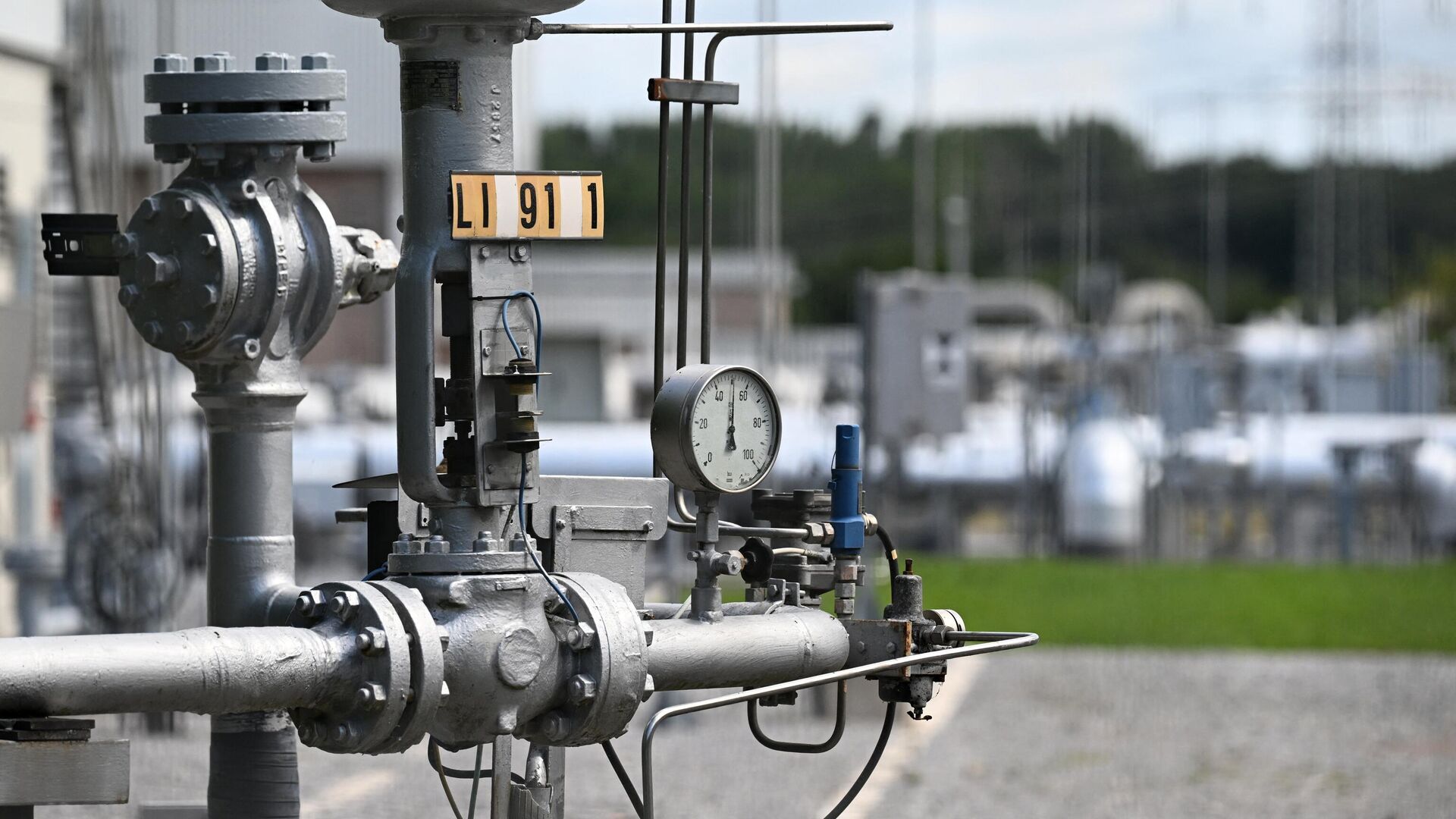Czech Proposal to Low Gas Price Cap for $200 to Have No Impact on Energy Market - Expert
01:32 GMT 20.12.2022 (Updated: 17:10 GMT 20.06.2023)

© AFP 2023 / INA FASSBENDER
Subscribe
MOSCOW (Sputnik) - A proposal of the Czech Republic to lower a price cap for TTF gas futures to 188 euros ($200) per megawatt hour (MWh) will have no impact on the energy market, just as a 275 euros ceiling proposed by the European Commission, French energy expert Damien Ernst told Sputnik.
In late November, the European Commission proposed a price cap of 275 euros per MWh for TTF gas futures for two weeks, despite the fact that their price has exceeded this amount for only a few days in history — all in August 2022. The EU energy ministers have discussed the introduction of the price cap twice, but still failed to reach an agreement. On Monday, Prague, which holds the EU presidency in 2022, proposed 188 euros per MWh for three days as a new possible ceiling.
"A price cap at 100 euros per MWh could have had some effect, but the cap will never be activated at 188 euros per MWh. This new price cap will not stabilize the market at all: it will have no influence whatsoever," the expert said.
The previous idea of the EU member states to set a price cap of 275 euros per MWh was "totally ludicrous," but Prague's proposal to impose a 188 euros ceiling for three days "is no better," as the current price level remains at 100 euros per MWh, Ernst added.
Moreover, the European Union is highly likely to reject the Czech offer as, given the equally zero result of both proposals, the final amount of the price cap becomes only a matter of saving face for the European Commission, according to the expert.
At the same time, Ernst in a certain sense condemned the idea of introducing any price caps. He cited German Economic Minister Robert Habeck, who has said that authorities "must be very careful not to trigger something bad," when they "want to do good." According to the French expert, Berlin quite rightly believes that no one can interfere with world market prices.
Ernst went on saying the EU industry was already in dire straits, with many facilities closing, factories shifting form gas to fuel production and electricity prices continuing to increase.
"The European deciders don't understand how they should have negotiated with the gas producers on the LNG markets. If they had negotiated in bilateral talks after forming a sort of purchasing center, a sort of 'OPEC of buyers,' buying at 100 euros per MWh and selling back at market price with a benefit, that could have functioned, in a sort of hybrid model," the expert told Sputnik.
Speaking about alternatives for Russian gas and liquefied natural gas (LNG), Ernst noted Germany's sole LNG terminal could produce only 50-75 terawatt-hours (TWh). The figure is half the capacity of an average LNG terminal, not to mention the fact that it must be put in perspective with the 1,500 TWh previously supplied from Russia.
"The next floating LNG terminals will be of the order of 300-400 TWh, but the bottleneck is the liquefaction units in producing countries. They will only reach the volumes necessary for Russian gas replacement, at best in 2026. What will happen now is that the demand for gas will fall, since the world scrambles to use coal or propane, gas coming from oil," the French expert concluded.
Energy prices in the European Union have been surging as part of a global trend since 2021. After the beginning of Russia's military operation in Ukraine in February and the adoption of several packages of sanctions against Moscow by the bloc, gas prices have accelerated their growth, placing energy security high on both the global and national agendas and pushing many European governments to resort to contingency measures.
In October, the European Commission proposed a new package of measures to fight increasing energy prices, which includes mandatory joint purchases of 13.5 billion cubic meters of gas. The measure is designed to fill EU storage facilities by the winter of 2023-2024, establish a mechanism to limit excessively high prices at the TTF and create a price benchmark for the LNG market.

